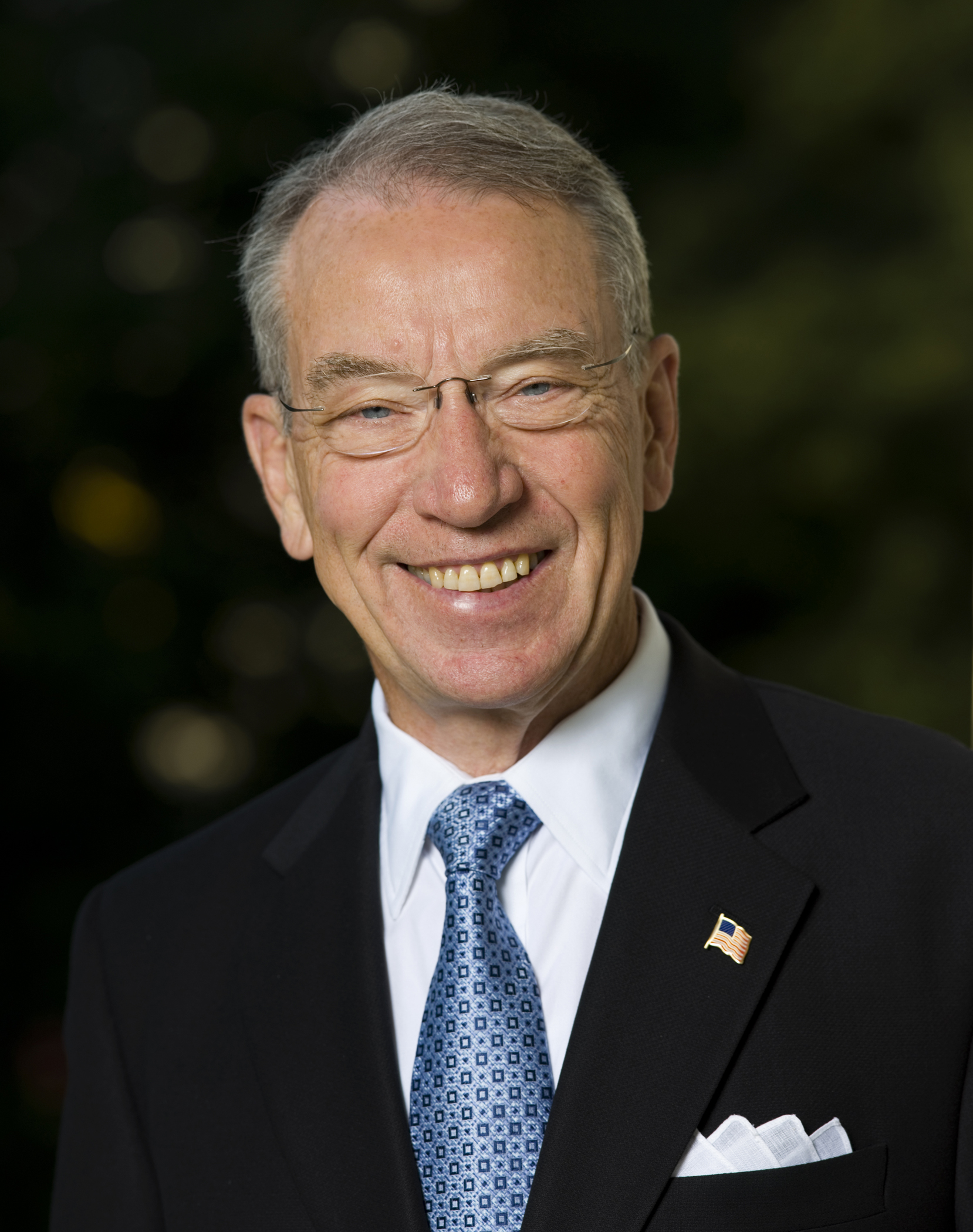
Senator Chuck Grassley
Iowa Senator Chuck Grassley praised the False Claims Act today on the 237 year anniversary of the passage of the country’s first whistleblower law.
On July 30, 1778, the Continental Congress passed the very first whistleblower law in the United States. It read:
[I]t is the duty of all persons in the service of the United States . . . to give the earliest information to Congress or other proper authority of any misconduct, frauds or misdemeanors committed by any officers or persons in the service of these states, which may come to their knowledge.
Whistleblowers have always been crucial in helping Congress and the federal Government route out fraud and misconduct. It is simple common sense to reward and protect whistleblowers who report waste, fraud, and abuse. The False Claims Act does that.
Senator Grassley also mentioned the recent decision by a Pennsylvania federal court judge to give a 24-percent award to Peggy Ryan, James Hoyer client and whistleblower in the Endo Pharmaceuticals case. The Department of Justice had requested a lower award, despite Ryan’s extraordinary efforts in the case. The judge and Senator Grassley were critical of DOJ’s stance:
Just recently the Justice Department tried to minimize a relator award in a Medicare and Medicaid fraud suit. The relator contributed significantly to the case. The Judge recognized that Congress intended that “the only measuring stick” for an award is “the contribution of the relator.”
That Judge was right. Congress intended to empower, protect, and reward relators who identify fraud against the taxpayers. History teaches us that weakening the relator’s rights weakens the government’s ability to fight fraud. All that does is let wrongdoers off the hook and cost the taxpayers money. That is not the result we intended with the False Claims Act. It is also not the result the Continental Congress, so concerned about identifying “misconduct, frauds and misdemeanors,” would have wanted.
Senator Grassley spoke passionately about the value of whistleblowers and how their efforts help the American government and taxpayers:
In Fiscal Year 2014 alone, the federal Government recovered nearly $6 billion under the Act. That makes more than $22 billion since January 2009, and more than $42 billion since 1986. These recoveries represent victories across a wide array of industries and government programs. Those programs include mortgage insurance, federal student aid, and Medicare and Medicaid, as well as Defense contracts.
The Department of Justice credits whistleblowers for their important role in this success.
According to the Justice Department, whistleblowers accounted for $3 billion in recoveries under the Act in Fiscal Year 2014. In fact, over 80% of False Claims Act cases are initiated by whistleblowers. Clearly the False Claims Act is working very well.Of course, the Act has no shortage of critics—typically the groups where you find perpetrators of fraud. But we have learned our lesson that a weak False Claims Act is not in the taxpayer’s best interest.
In 1943, Congress bowed to pressure to undo the Act’s crucial qui tam provisions.
Amendments passed back then barred actions where the Government already had knowledge of the fraud. The result was to block nearly all private actions. Congress assumed that the Justice Department could do a good job prosecuting fraud all by itself. They were wrong.
Between 1943 and 1986, fraud against the Government skyrocketed. Most of those accused went unpunished.
Click here to read the complete statement by Senator Grassley.


